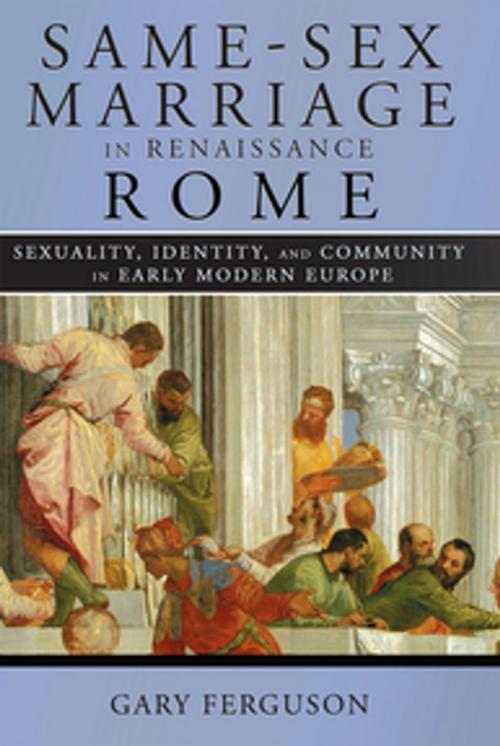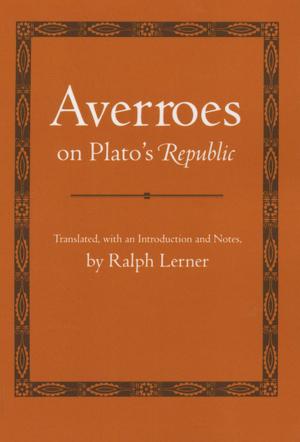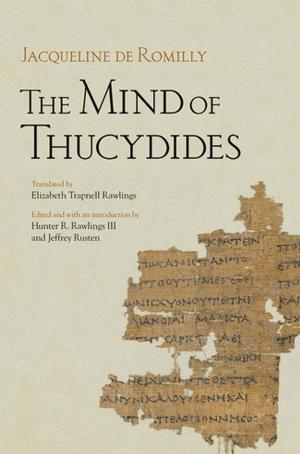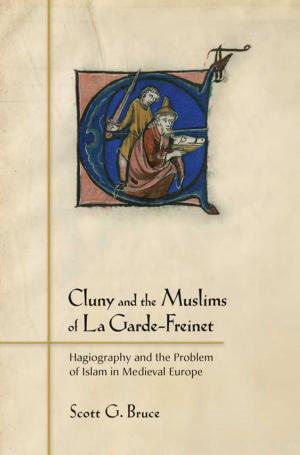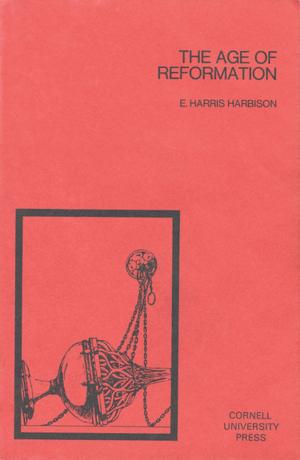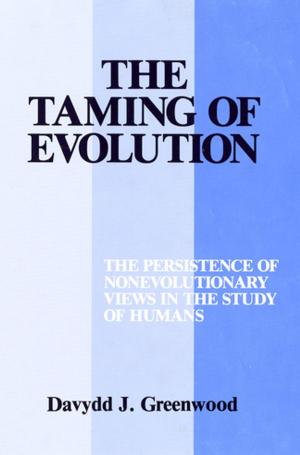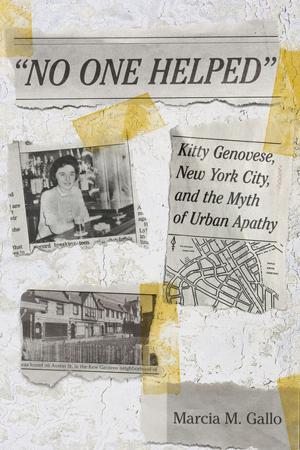Same-Sex Marriage in Renaissance Rome
Sexuality, Identity, and Community in Early Modern Europe
Nonfiction, History, Italy, Social & Cultural Studies, Social Science, Gender Studies| Author: | Gary Ferguson | ISBN: | 9781501706554 |
| Publisher: | Cornell University Press | Publication: | July 9, 2016 |
| Imprint: | Cornell University Press | Language: | English |
| Author: | Gary Ferguson |
| ISBN: | 9781501706554 |
| Publisher: | Cornell University Press |
| Publication: | July 9, 2016 |
| Imprint: | Cornell University Press |
| Language: | English |
Same-sex marriage is a hotly debated topic in the United States, and the world, today. From the tenor of most discussions, however, it would be easy to conclude that the idea of marriage between two people of the same sex is a uniquely contemporary phenomenon. Not so, argues Gary Ferguson in this remarkable book about a same-sex wedding ceremony in sixteenth-century Rome. The case in question involved a group of mostly Spanish and Portuguese men, arrested and executed in Rome in 1578, said to have performed same-sex wedding ceremonies in one of the city’s major churches. We know about the incident from a number of sources, including the travel journal of the French essayist Michel de Montaigne.
Several substantial fragments of the transcript of the men’s trial have also survived, along with copies of their wills. Making use of all these documents, Ferguson brings the story to life in striking detail. He reveals not only the names of the men but also where they lived, how they were employed, and who their friends were. In particular, he unearths a surprising amount of detail about the men’s sex lives, and how others responded to this information, which allows him to explore attitudes toward marriage, sex, and gender at the time. Emphasizing the instability of marriage in premodern Europe, Ferguson argues that same-sex unions should be considered part of the institution’s complex and contested history.
Same-sex marriage is a hotly debated topic in the United States, and the world, today. From the tenor of most discussions, however, it would be easy to conclude that the idea of marriage between two people of the same sex is a uniquely contemporary phenomenon. Not so, argues Gary Ferguson in this remarkable book about a same-sex wedding ceremony in sixteenth-century Rome. The case in question involved a group of mostly Spanish and Portuguese men, arrested and executed in Rome in 1578, said to have performed same-sex wedding ceremonies in one of the city’s major churches. We know about the incident from a number of sources, including the travel journal of the French essayist Michel de Montaigne.
Several substantial fragments of the transcript of the men’s trial have also survived, along with copies of their wills. Making use of all these documents, Ferguson brings the story to life in striking detail. He reveals not only the names of the men but also where they lived, how they were employed, and who their friends were. In particular, he unearths a surprising amount of detail about the men’s sex lives, and how others responded to this information, which allows him to explore attitudes toward marriage, sex, and gender at the time. Emphasizing the instability of marriage in premodern Europe, Ferguson argues that same-sex unions should be considered part of the institution’s complex and contested history.
